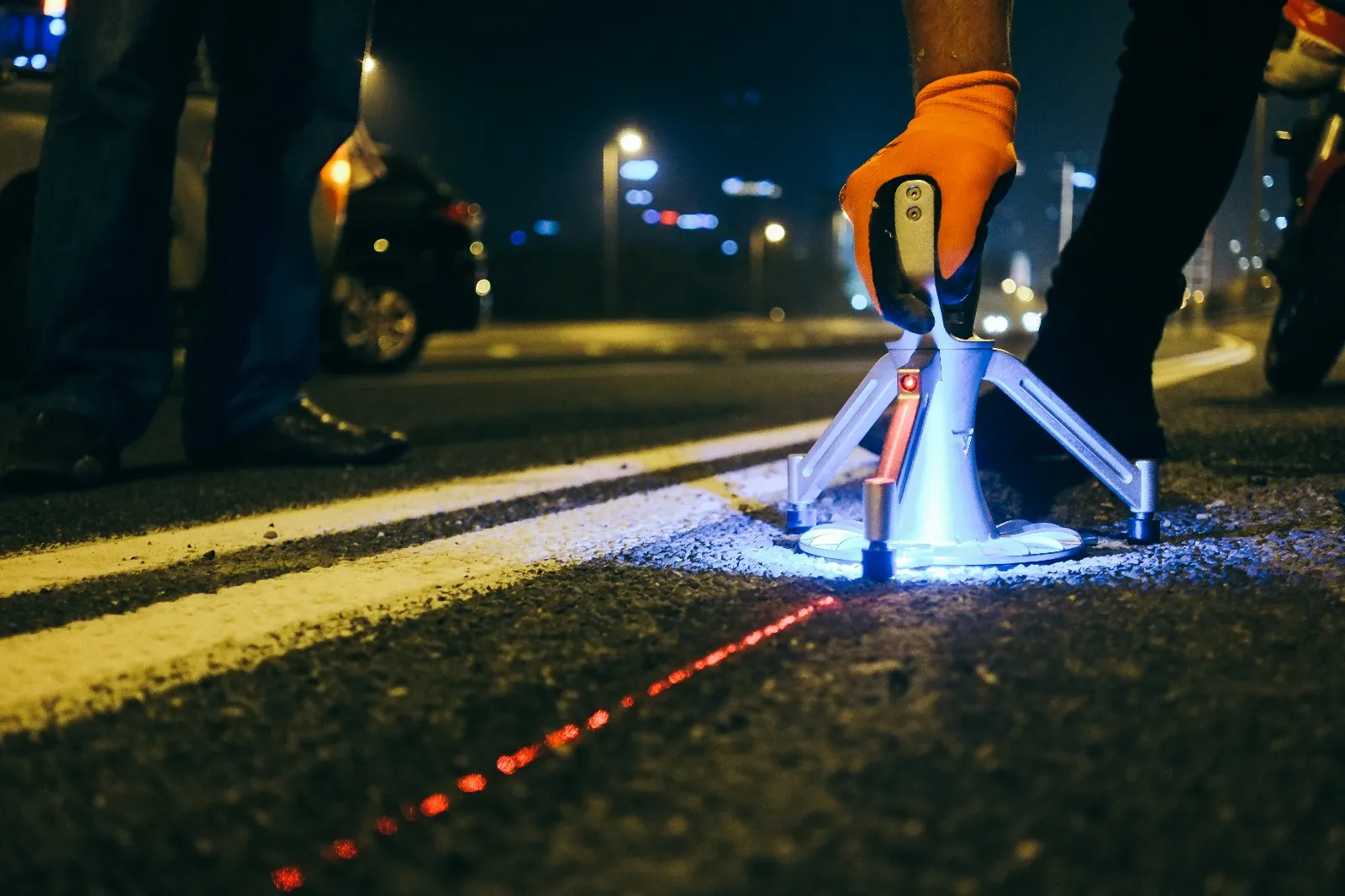
A newly-formed consortium has secured a €1.2 million project from the European Space Agency (ESA) to use satellite technologies for managing traffic and autonomous vehicles (AVs).
The ITS Equant consortium grew out of an agreement with UK-Israeli start-up Valerann and Welsh start-up Excelerate Technology. It has also received support from the Satellite Applications Catapult.
“The advantages of traffic management are well documented, but both these technologies and future technologies such as AVs are highly dependent on connectivity that often does not exist," says Valerann CEO Gabriel Jacobson.
"With ITS Equant we will provide roads and road operators a scalable solution that can be deployed on any road, regardless of whether these roads have existing connectivity”.
Valerann says the project will allow it to utilise satellite communications and GPS technologies to make its system available as an “off-grid" solution.
The pilot will trial these technologies at Westcott Venture Park followed by public roads in the UK county of Buckinghamshire.
Over the next 18 months, the partners will integrate satellite technologies into Valerann’s Smart Road System.
They will also demonstrate the advantages of utilising space technologies to collect and share data about traffic and road environments.
Additionally, the consortium will work with Valerann’s clients to showcase how improved off-grid traffic management can help road operators reduce detection time and response time to events and increase the effectiveness of congestion measures.
As vehicles become more connected over time, Valerann insists its satellite-enabled Smart Road System will be able to provide data to vehicles about upcoming road and traffic conditions to help accelerate the safe introduction of AVs.
The ESA is to provide €600,000 for the project while the other half is funded by Valerann and Excelerate.








